Description
Familiarity with Treatment
Laser hemorrhoidectomy is a surgical procedure used to treat hemorrhoids. It involves the use of a laser to remove or shrink the hemorrhoidal tissue. The laser energy is directed at the hemorrhoids, causing them to coagulate and eventually shrink. This procedure aims to alleviate the symptoms associated with hemorrhoids, such as pain, bleeding, and swelling.
Procedure
During laser hemorrhoidectomy, a laser probe is inserted into the hemorrhoids, and the laser energy is applied to the affected tissue. The laser energy coagulates the blood vessels, reducing blood flow to the hemorrhoids and causing them to shrink. The procedure is typically performed under anesthesia, and it can be done on an outpatient basis.
Who is it Suitable For?
Laser hemorrhoidectomy is suitable for individuals with symptomatic hemorrhoids that have not responded to conservative treatments or other minimally invasive procedures. It may be recommended for individuals with internal or external hemorrhoids that cause significant discomfort, bleeding, or prolapse. The suitability of the procedure is determined on a case-by-case basis, considering the individual’s specific condition and overall health.
Who is it Not Suitable For?
Laser hemorrhoidectomy may not be suitable for individuals with certain medical conditions or contraindications to surgery. The decision to undergo laser hemorrhoidectomy is made in consultation with a healthcare provider or surgeon, taking into account the individual’s specific circumstances.
Advantages
The advantages of laser hemorrhoidectomy can include:
- Less postoperative pain compared to traditional hemorrhoidectomy.
- Faster recovery time.
- Reduced bleeding during and after the procedure.
- Precise targeting of hemorrhoidal tissue, minimizing damage to surrounding structures.
- Potential for outpatient treatment, avoiding the need for hospitalization.
Complications
Complications of laser hemorrhoidectomy can include pain, bleeding, infection, urinary retention, and recurrence of hemorrhoids. However, it is important to note that the risk of complications is generally low, and the procedure has been found to be safe and effective in many cases.
Preoperative Care
Preoperative care for laser hemorrhoidectomy involves a comprehensive evaluation by a healthcare provider to determine the need for surgery and the most appropriate approach. This may include medical risk reduction, diagnostic tests, and discussions about the procedure, potential risks, and expected outcomes.
Postoperative Care
Postoperative care for laser hemorrhoidectomy includes pain management, wound care, and monitoring for any signs of complications. Recovery time can vary, but most individuals can expect to return to normal activities within a few days to a week. It is important to follow the healthcare provider’s instructions regarding diet, activity level, and any necessary follow-up appointments.
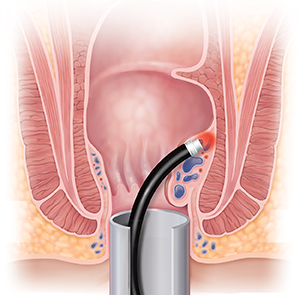
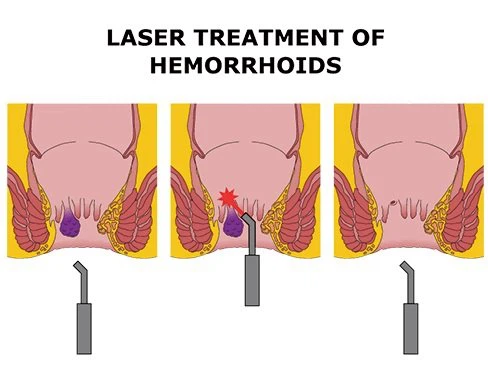
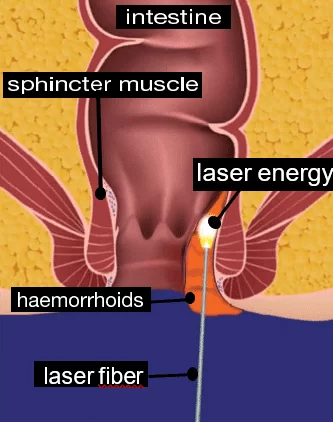
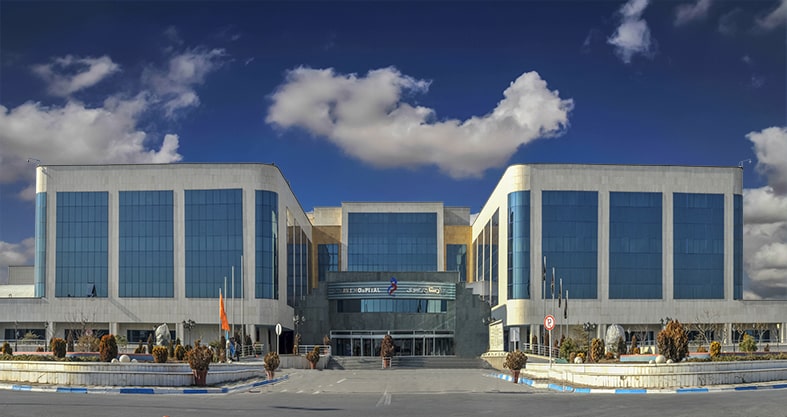

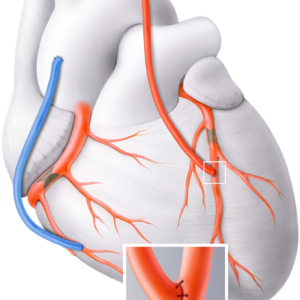
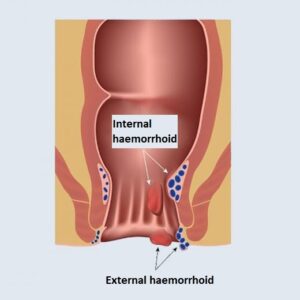

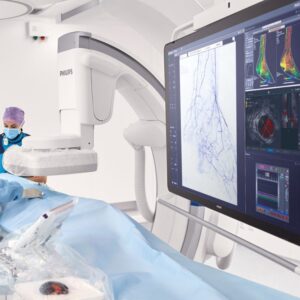
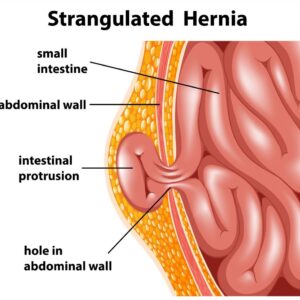
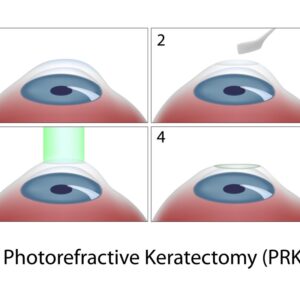
Reviews
There are no reviews yet.